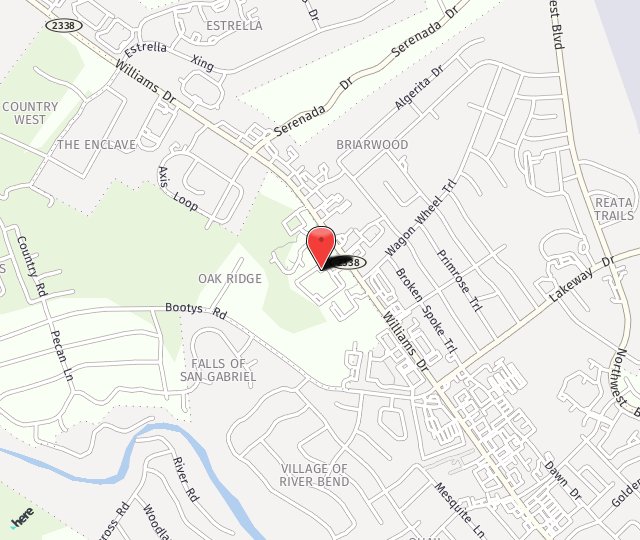Sleep apnea is a breathing disorder caused by a blocked airway during sleep. Breathing stops many times per hour, causing the person to jerk awake and gulp for some air and then fall back asleep. Typically, a sleep apnea sufferer snores loudly. The body is depleted of oxygen, which causes fatigue during the day and over a longer time, can cause serious health problems.
Most people with sleep apnea do not know they have it. However, there are some typical symptoms that you may notice in yourself:
- Chronic tiredness
- Inattentiveness
- Poor work performance
- Memory problems
- Frequent urination during the night
- Depression
- A tendency to get into car accidents
If you have any of these symptoms, please contact us for a consultation because sleep apnea is progressive and can cause serious problems in your health if it is left untreated. Studies have shown that a drop in sleep from seven to five hours each night can significantly increase the risk of cardiovascular disease.
In fact, breathing problems in general are arguably the number one health problem in the U.S. It is thought that 67 percent of the population snores and of those, up to 20 percent have sleep apnea. Further, 90 percent of those sleep apnea sufferers are undiagnosed. Might you be one of them?
Obese people are more likely to develop sleep apnea because of the excess soft tissue around their airway. That extra fat narrows the airway, making it easier to block when your mouth and throat relax in sleep.
However, if you are an older male, you are at increased risk for sleep apnea, as one out of every 25 men in mid-life have it, as compared to one out of 50 middle-aged women.
Sleep apnea is generally more common among older people, with one in ten people over age 65 developing it, and post-menopausal women more likely to get it than younger women. It occurs more often among Hispanics, African Americans, and Pacific Islanders. It also seems to run in families. Some other groups that more often have sleep apnea are:
- Small children with enlarged tonsils
- People with small airways
- Smokers
- People with high blood pressure
The default sleep apnea treatment is CPAP (Continuous Positive Airway Pressure), which uses a face mask, air tube, and vacuum pump on the nightstand. The pump sends controlled amounts of air through the tube to keep you properly supplied with air and oxygen all night. Although CPAP is the treatment of choice for people with severe sleep apnea, some people who are given this treatment stop using it. Not only is the air pump loud, but many patients have trouble getting used to the mask and find that the tube keeps them from moving comfortably while sleeping.
Neuromuscular dentists like Dr. Mandy and Dr. Mark offer a more effective and comfortable treatment, which consists of a custom-made dental appliance to wear at night. It will hold your mouth in a slightly forward position so that soft tissue does not fall back against the airway.
Repeated cessation of breathing night after night creates a chronic shortage of oxygen in the blood and a build up of waste products that should have been breathed out. The heart itself needs a good supply of oxygen for its muscles to work properly and when it is chronically short of oxygen, the heart muscles are less likely to keep it pumping properly. This, in turn, can leave the brain short of oxygen, making a stroke more likely. The average life expectancy for someone with undiagnosed sleep apnea is only 55 years. Patients with undiagnosed sleep apnea are four times more likely to develop cardio vascular disease.
A lot of studies have been done on sleep apnea and it has been linked with many other health problems, although the connections are not fully clear. Diabetic people more often have sleep apnea, though perhaps the common factor is obesity. People with sleep apnea are more likely to have:
- Kidney failure
- Nerve disorders such as epilepsy
- Irregular menstrual periods
- Eye problems such as glaucoma, dry eye syndrome, and various infections
- Pulmonary hypertension
- Weight Gain
Rather than put yourself at risk for these serious health problems, why not come to our office for a dental exam?
To learn more about how we treat sleep apnea and snoring you can call our dental office, ask us a question using our online form, or schedule an in-office consultation with one of our sleep apnea specialists.
Our Georgetown dentists provide sleep apnea treatment for patients from all nearby areas of Texas. Please contact us and learn how you can quickly be on your way to a good night’s sleep.


